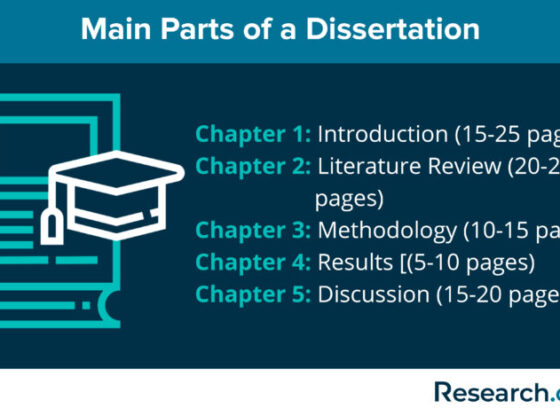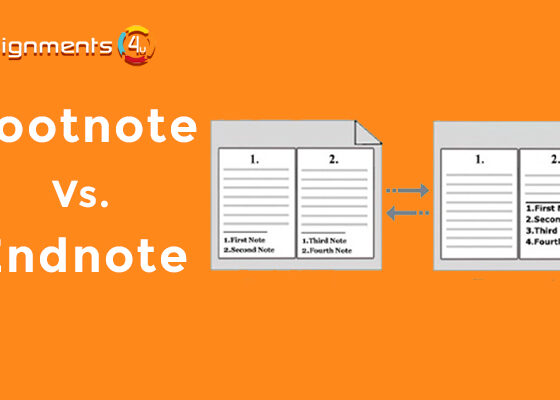How Many Web Pages Should a Website Have to Boost Its SEO strategies?
Webmasters are frequently asked by the website owners about how many content pages a website should have excluding blogs being posted regularly. And, further questions that often create perplexities are about keeping a specific number of pages to additions for the betterment of SEO. There is no “one size fits all” answer to the above questions. Logically, it can be understood through an answer that “it depends on the specific conditions” of the website plan and et al.
There are indeed many factors to consider while you make decisions to maintain and operate websites. The pagination element takes into account several factors. It can be well understood in this context that competitors, the number of products or services dealt in and the industry in general besides the individual budget matter the most.
Related: How to Improve Website Content’s Value Via SEO tweaks
Remember that in case your products and services are common while competitors have numerous pages to compete, then you are going to have a hard time beating them with your website which has a mere 1 to 5 pages thus not prepared to win.
Google’s Matt Cutts says that more pages do not necessarily correlate with a higher SEO rank.
Since its inception itself, Google has always focused on quality factors rather than quantity aspects. Numbers don’t matter in SEO while the quality of pages does matter the most. Chances of having increased ranking would always be high if your pages have fresh and updated content. Thus, it is necessary to focus on the quality parameters of the content created for websites. It must be kept in mind that Google decreases the websites’ rankings even though they have multiple pages but outdated, duplicate as well as manipulative content meant to be created with the sole aim to increase rankings. In addition to that, empty pages too aren’t liked by the search engines.

It is a proven fact that search engines, especially Google prefer, to catch and love high-quality pages which are readable by humans as well as machines. The big question is still here what steps to take to turn web pages qualitative to appeal to search engines by fulfilling their parameters?
Related: Create Website Content That Generates Leads
Is Adding Maximum Pages Better for SEO Purpose?
Yes, adding more pages is better for your website and its SEO value. But, there are many factors, which you need to keep in mind while adding the pages. Many factors are beforehand which contribute to the quality of web pages, including the major ones mentioned here:
1. Use Specific Meta Titles & Descriptions
Try keeping Meta titles and Meta descriptions as specific as possible. Common page titles not only confuse search engines but also hardly prove helpful for the consumers to understand what your pages are all about. Having perfect information means easy to navigate for both – search engines and consumers.
2. Share Only Relevant Information
Consumers land on your pages to get the desired information they seek. If a page is irrelevant to them, then they will never leave it immediately. If the case goes the opposite, then your site will definitely increase the bounce rate. Thus, you should have long-form content to improve ranking & engagement, and also ascertain that it is well researched and relevant to your brand and products and/or services. Content of fewer than 300 words is considered to be thin by Google.
3. Create Readable and Actionable Content
While generating the content, you should always ensure focus on the concerns of the general reader’s mind to project them to the maximum extent possible. First of all, start with creating readable content to augur the potential visitors to land on your website. If you attain success in getting them into your website half of your work completes. The rest half persuasion would be through actionable content which motivates readers to read and let them take action.
4. Interlink Your Pages

You should equally focus on other important factors to interlink the web pages. It is an exemplary step to improving ranking on search engines. Keep this aspect into consideration that while you begin the interlinking process you shouldn’t forget to use only desired and long anchor texts. It is an important factor and its results would be entirely different.
If you target various pages of a specific website from the same keyword (search term), you indeed create more harm than attaining benefits because such activities, as considered keyword Cannibalization, are extremely detrimental instead of turning lucrative choice that you might think of it.
You May Also Like: Most Effective Features That Turn Your Website Unique & Distinct
Things to Consider When you Add Pages
However, there are many things, you need to keep in mind when you add pages to your website.
A. Avoid duplication
Duplicate content not only irritates your readers but also affects your search engine rankings. Add as many pages as you want for your website, but make sure all pages have fresh and quality content. In addition, you should write separate page titles and descriptions for each page to avoid duplication.
B. Avoid miscellaneous pages
Each page on your website should be different from the others, so you must ensure that you give each page a clear focus and a clear title. Do not misguide your readers with unwanted information.
C. Avoid dead ends
You should avoid dead ends, instead take your readers to other related pages. You can engage your readers by using breadcrumbs, links, or extra navigation bars on inside pages, but ensure no visitor leaves your website instantly.
Final Thoughts
While winding up this post, we conclude in the light of the above-mentioned arguments that having more pages is indeed good for SEO, provided they are systematically optimized for SEO. Last but not least, their readability value for readers equally proves the deciding factor. It is also understood that the quality of pages remains more important than the quantity element.
You should thus ascertain using professionally written content only to bring an improvement in SEO thus engagement hence resultant ranking fulfillment. Keep it in mind that high-quality fresh content is liked by search engines as much as human readers for knowledge enhancement.
Frequently Asked Questions (FAQs) About How Many pages a website should have
Q. Are More Pages in a Website Better for SEO?
A. Yes, a website with more pages is better for SEO. But, make sure you have a lot of high-quality and well-researched pages on your website. On the other hand, Google may penalize you by decreasing your ranking if your pages are not user-friendly except to help increase your rank.
Q. How Many Pages A Website Should Have?
A. website should have as many pages as you may add, but make sure each page is optimized for a specific keyword and has problem-solving information. There is no universal rule if you think that what an ideal number of pages is recommended by Google on any website.
On the other hand, webmasters and SEO experts believe that a website should at least have around 15 pages with informative and high-quality content that helps the website to rank well in search engines, get more traffic for each of the keywords and boost sales.
Q. How Many Pages Does An Average Website Contain?
A. An average website contains 5 to 7 pages, but a website with at least 15 pages is considered perfect for the SEO of a website. But, to find out how many pages your website should start out with depends on the nature of your business and target industry.
Q. Can A Website Have Too Many Pages?
A. Yes, a website can have too many pages, provided the pages are informative and well researched. But ensure, the pages are search engine friendly and cater to what visitors are looking for. Search engines won’t penalize you for having “too many pages” as long as the pages target specific keywords and serve a purpose.
Q. Does Having too many Pages on your Website Boost your Organic Ranking and Traffic?
A. As you already know that high-quality internal and external linking improves the ranking of a website. If your website has too many pages, then you have an increased chance that others will link you more as a source and you also interlink your pages for link juice, which eventually helps you to improve organic ranking and traffic.













We search your site from google plus and dins what we want, i am really impress with your post information and topic so thanks
Dear Muhammad Amjad Butt,
Thanks for appreciating our blogs.